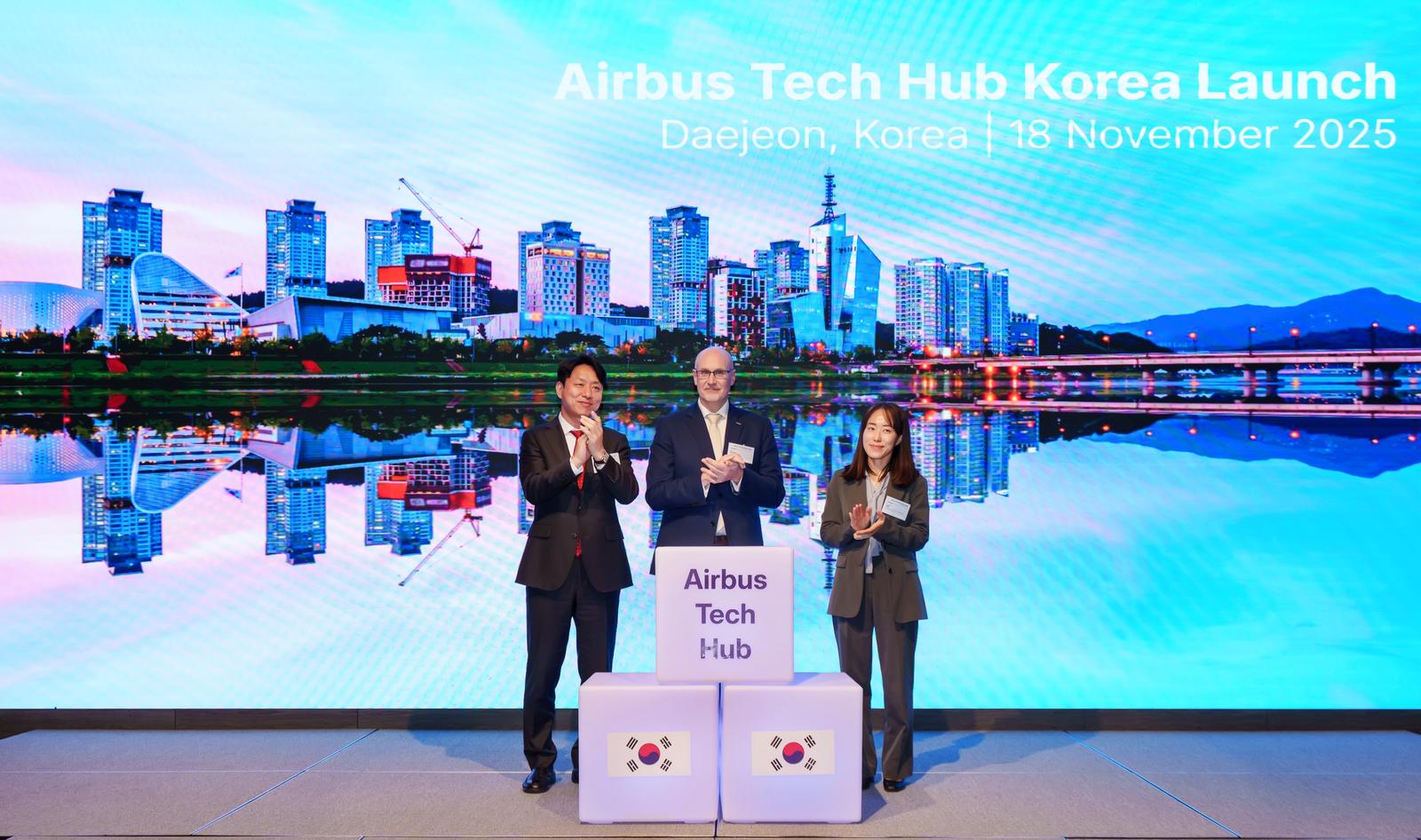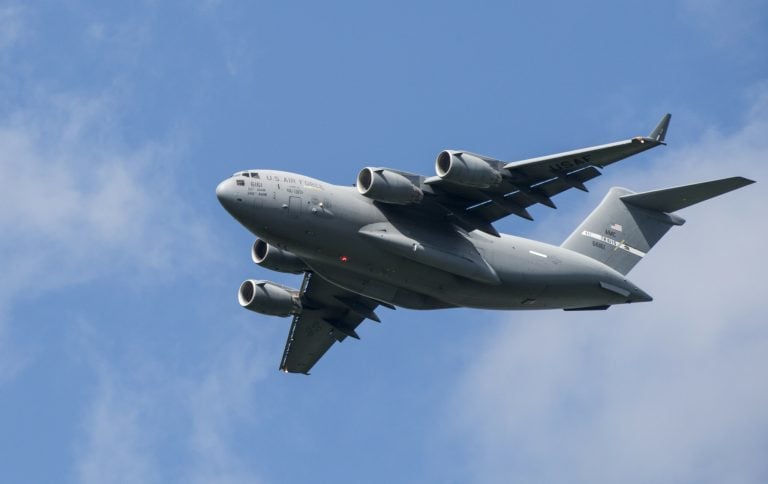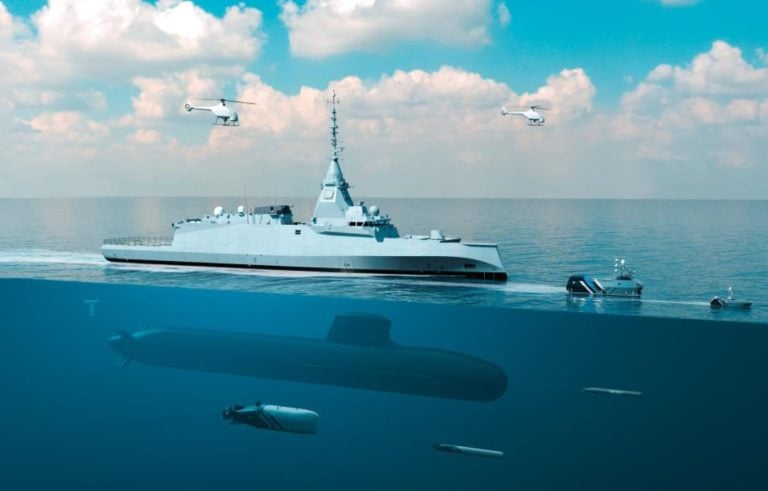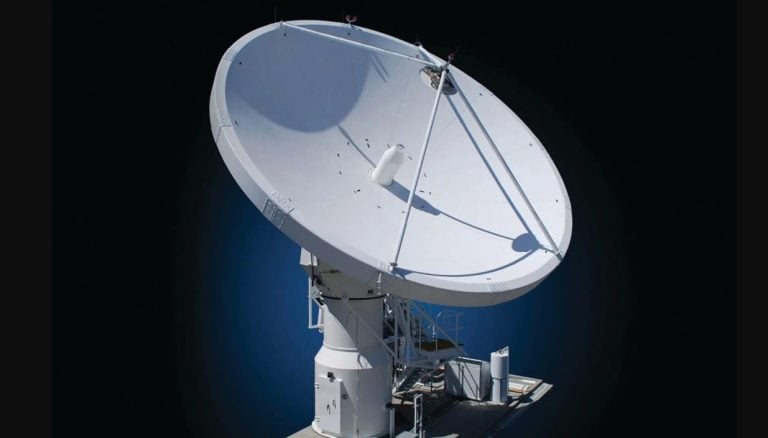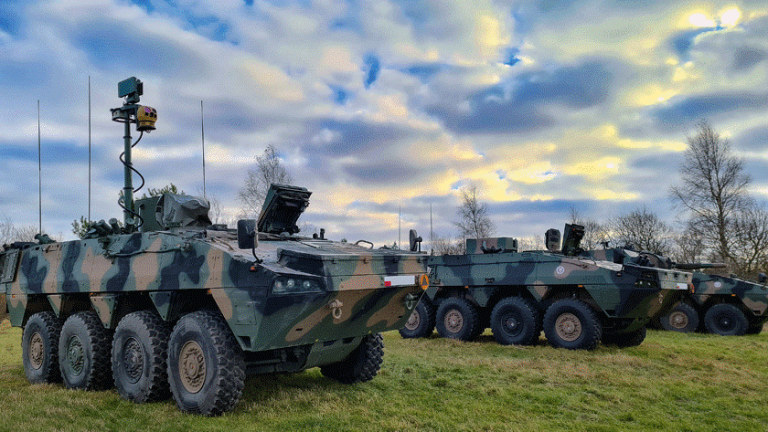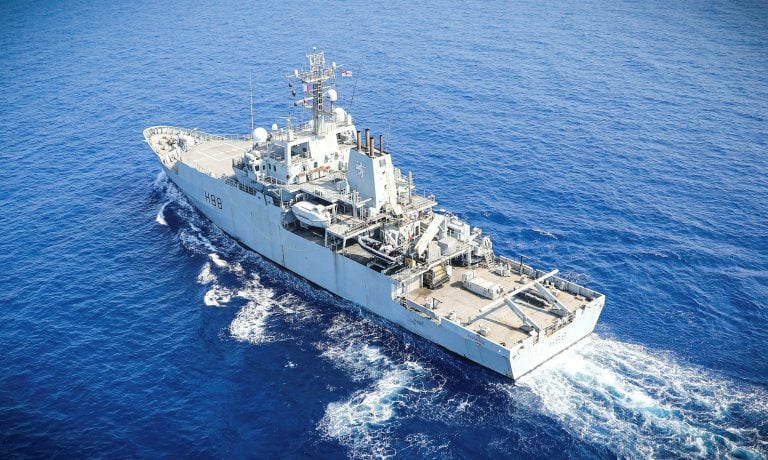Airbus has announced the establishment of its first dedicated research and development center in South Korea, marking a significant expansion within the country’s evolving aerospace innovation sector. This new facility, referred to as the “Tech Hub,” will be located in Daejeon and is part of a broader network of Airbus sites that already includes locations in Japan, the Netherlands, and Singapore.
The primary focus of the Tech Hub will be on several advanced areas, including clean-energy propulsion, composite materials, and the development of emerging defense and space systems. To facilitate the center’s initiatives, Airbus has entered into cooperation agreements with key South Korean organizations, including the Ministry of Trade, Industry, and Energy, the Korea International Trade Association, and the local government of Daejeon. These partnerships aim to set research priorities and identify crucial industry collaborators.
Among the initial projects at the Tech Hub is a collaboration with defense contractor LIG Nex1, targeting the development of chip-antenna systems for small satellites. Additionally, Airbus has partnered with EMCoretech to tackle challenges related to electromagnetic interference in electric-power systems, a concern that is becoming increasingly important as the aerospace industry pivots towards hybrid and fully electric aircraft.
This launch is a continuation of Airbus’s longstanding relationship with South Korea, which dates back to 1974 when Korean Air ordered the A300B4 aircraft. The partnership has since evolved, with South Korea playing a pivotal role in Airbus’s operations across various segments, including commercial aircraft, defense, space, and helicopters. The collaboration has led to the production of vital components for several Airbus aircraft families, such as the A320, A330, and A350, contributing approximately 6,000 jobs and generating an annual economic impact of around $600 million.
Mark Bentall, the head of research and technology at Airbus, emphasized that the new Tech Hub underscores the company’s commitment to South Korea. He noted that the facility will enable Airbus to leverage advanced technologies emerging in the region, which will be instrumental in accelerating the development of future aircraft technologies and reinforcing South Korea’s role as a trusted and long-term partner.
